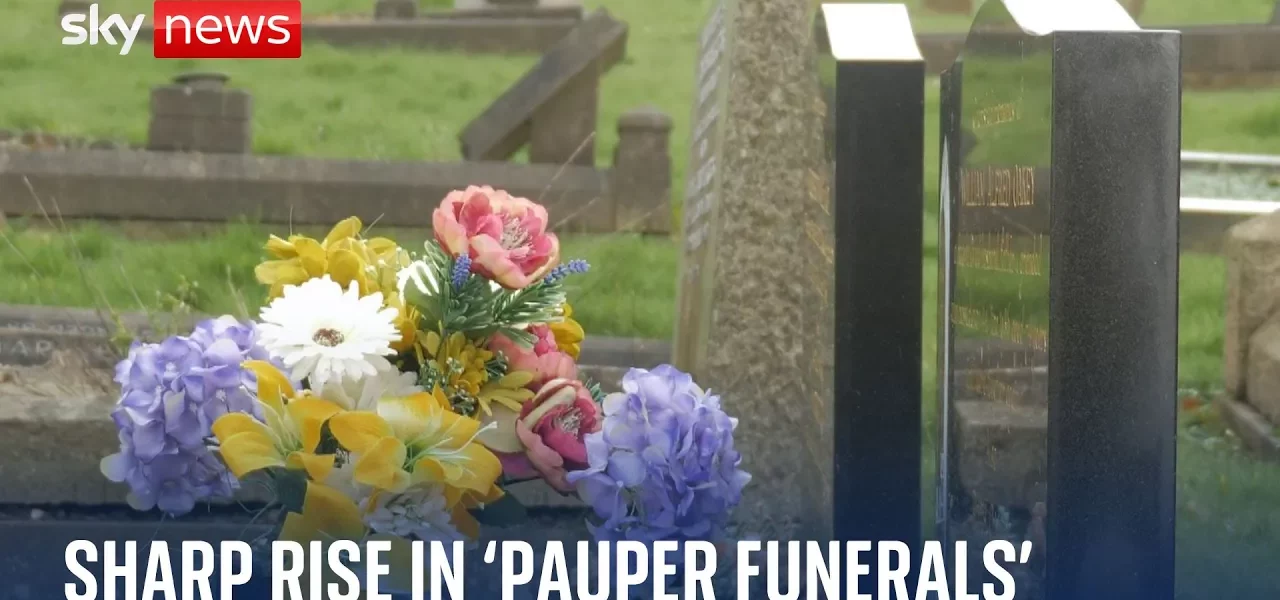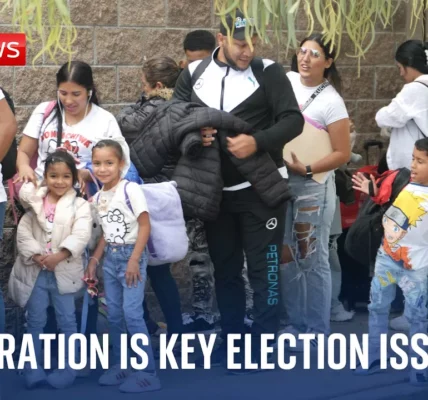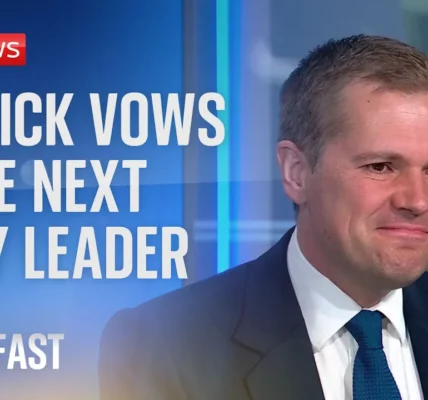The Burden of Grief: Understanding Public Health Funerals and Their Impact

This article delves into the emotional and financial struggles surrounding bereavement, focusing on the rising trend of public health funerals in the UK, and the implications for families in mourning.
Introduction
Grief is a universal experience, yet the circumstances surrounding it can vary greatly. For many families, losing a loved one is compounded by the financial strain of funeral costs. This concern has become increasingly relevant, particularly as reports indicate a significant rise in public health funerals across the UK. These funerals, often perceived as a last resort, highlight the intersection of mourning and economic hardship. This article aims to shed light on the realities faced by families navigating this difficult terrain.
The Emotional Toll of Losing Loved Ones
When Susan lost her mother and younger sister within just ten months, the emotional burden was immense. The grief of such losses is often overwhelming, yet Susan found herself faced with an additional challenge: financing two funerals. The immediate need to gather £8,000 overshadowed her ability to grieve properly.
The Challenge of Grieving
Many individuals in similar situations report feeling cheated by the circumstances. The focus shifts from honoring the deceased to the financial implications of their passing. This can leave families feeling isolated in their grief, as they struggle to balance emotional needs with financial realities.
The Experience of Grieving Under Financial Pressure
- Emotional confusion: The inability to process grief due to financial distractions.
- Social isolation: Families may withdraw from support networks due to embarrassment over finances.
- Long-term effects: Prolonged grief can lead to mental health issues, including depression and anxiety.
The Rise of Public Health Funerals
Public health funerals, also known as council funerals, have emerged as a stark reality for many who cannot afford traditional funeral services. Recent figures have shown a staggering 23% increase in public health funerals over five years, with some areas experiencing even more dramatic rises.
Statistics on Public Health Funerals
- Bournemouth, Christchurch, and Poole: Up by 387%.
- London Borough of Enfield: Up by 250%.
- Nearly two-thirds of English councils report increased public health funerals.
The Nature of Public Health Funerals
Public health funerals are typically basic and often lack the personal touches that many families desire. In some cases, friends and family members are not permitted to attend, leaving those grieving without the opportunity to say their final goodbyes.
Community Responses
In places like Burnley, community leaders are stepping in to assist families in need. Local pastors have initiated charities aimed at covering funeral costs for the most vulnerable. This grassroots support highlights the growing need for community intervention in times of financial distress.
Guidelines and Challenges for Public Health Funerals
While public health funerals are designed to provide a dignified send-off, many councils are reportedly not adhering to proper guidelines. Research indicates that over half of councils in England and Wales may be falling short of these standards.
The Call for Improved Standards
Advocacy groups are pushing for minimum statutory standards for public health funerals, emphasizing the importance of family involvement in the grieving process. Key recommendations include:
- Mandatory attendance options for family and friends.
- Provision of basic services, including music and memorial options.
- Transparency around costs and services provided.
The Role of Local Governments
The Local Government Association asserts that councils strive to ensure dignified funerals while minimizing costs to taxpayers. However, the reality for many families is that economic pressures continue to mount, making it increasingly difficult to navigate the grief process.
Conclusion
The intersection of grief and financial strain presents a significant challenge for many families dealing with loss. The rise of public health funerals underscores a growing need for support structures that honor the deceased while providing families with the ability to grieve appropriately. It is crucial for communities and local governments to collaborate in developing solutions that address both emotional and financial needs. If you or someone you know is struggling with funeral costs or grief, consider reaching out to local charities or support groups for assistance.
“`




